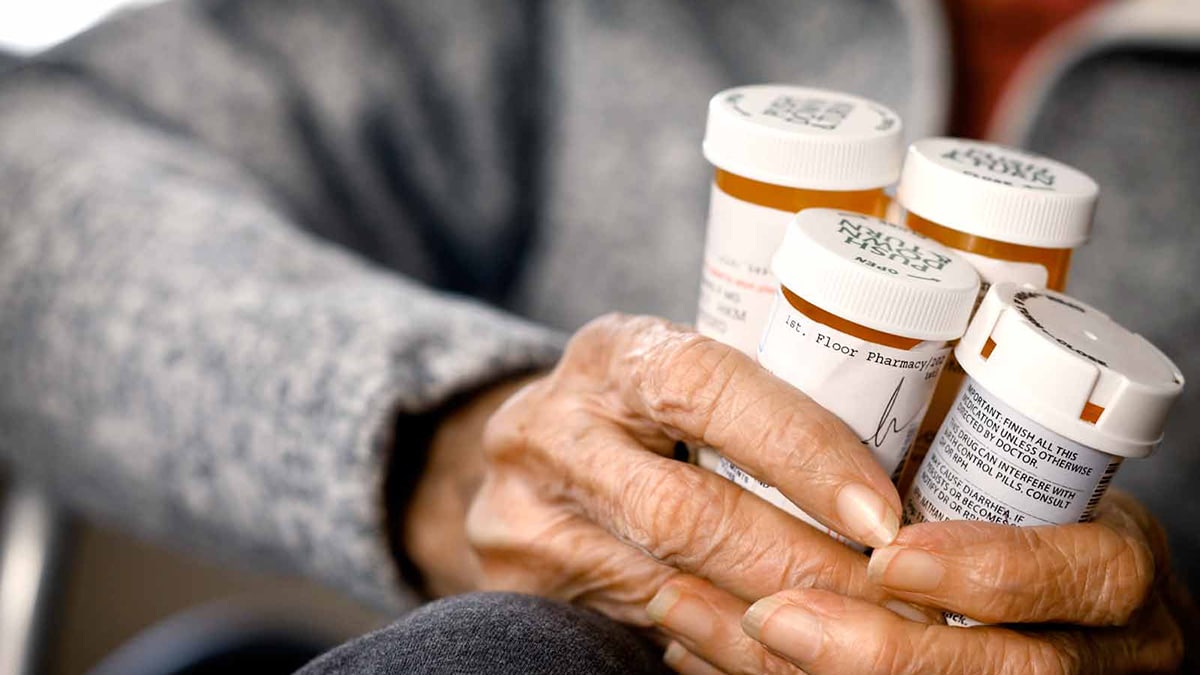At a glance
To help pharmacists prevent older adult falls, the American Society of Consultant Pharmacists and the National Council of Aging developed a falls risk reduction toolkit.
Story

A recent collaboration between the American Society of Consultant Pharmacists (ASCP) and the National Council on Aging (NCOA) produced an in-depth, comprehensive falls risk reduction toolkit focused on risk factors in adults aged 65 and older. With a goal of educating pharmacists about older adult falls risks and medication management, this new toolkit compliments CDC's efforts to encourage clinical fall prevention.
Pharmacists are on the front lines, serving older Americans across the United States. Many older adults see pharmacists more frequently than they see their primary care physician. This is a prime opportunity for pharmacists to communicate important health information to their patients, and to participate as part of the older adult's healthcare team. Community pharmacies are evolving as the clinical skills of pharmacists are being used more frequently. All this can have a positive impact on older Americans' health outcomes.
The ASCP-NCOA Falls Risk Reduction Toolkit focuses on using screening tools and key assessment questions, like those found in the CDC Stay Independent [2 pages] brochure. Pharmacists, and other clinicians, can use the toolkit to provide a more detailed review of a patient's medications and chronic medical conditions that could increase fall risk. Pharmacists can evaluate all medications a patient is taking and educate older adults and their caregivers about any medications that may increase their risk of falling, potential alternatives, and communicate these findings to other members of the healthcare team.
To better help pharmacists, the ASCP-NCOA Falls Risk Reduction Toolkit includes an assessment checklist, extensive bibliography around medical conditions and medications that could increase fall risk, and provides pharmacists with a list of alternative medications with lower potential risk for falls. An annual literature review keeps this resource current as new research and data are published.
This robust resource also includes communication templates for sharing findings and recommendations with other clinicians, as well as being helpful for communicating with older adults and their caregivers. Also included are case studies, community resources, and referral forms. Similar to CDC's Stopping Elderly Accidents, Deaths, & Injuries, or STEADI initiative, the ASCP-NCOA Toolkit conveys the importance of falls risk detection and management by encouraging the support of the whole healthcare team, including pharmacists. This new ASCP-NCOA Falls Risk Reduction Toolkit can help pharmacists improve the health of older Americans.
Resources
- STEADI: The Pharmacist's Role in Older Adult Fall Prevention CDC-American Pharmacists Association (APhA) online training available for continuing education.
- Resources List for STEADI: The Pharmacist's Role in Older Adult Fall Prevention [2 pages]
